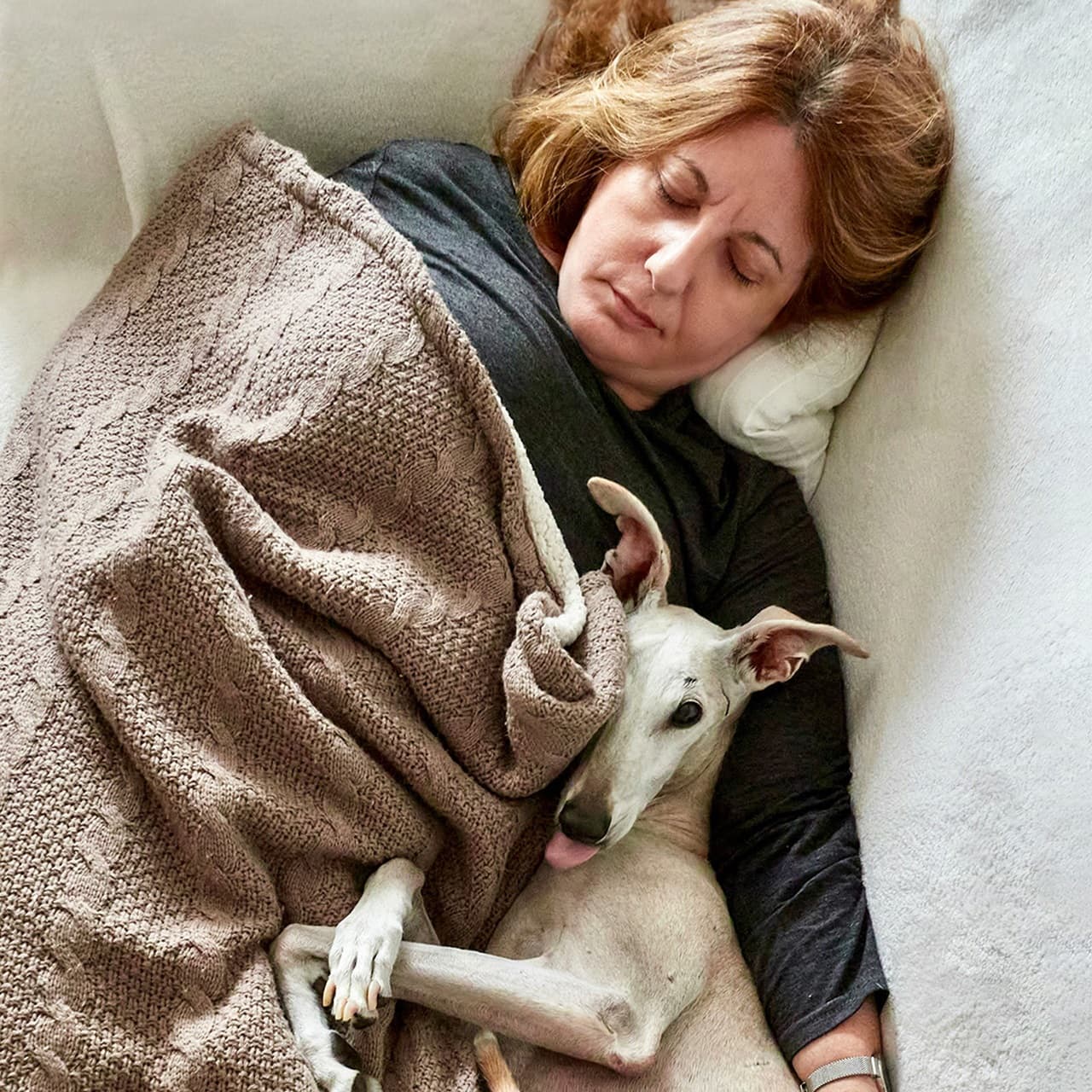If you’re in midlife and struggling to sleep—waking up drenched in sweat, tossing and turning, or unable to fall back asleep at 3 a.m.—you’re not alone. Sleep disturbances are one of the most common symptoms of menopause. For many women, the question arises: Should I consider hormone therapy (HT) to improve my sleep?
Sleep medicine physician and menopause specialist, Dr. Andrea Matsumura says, “Hormonal changes during menopause directly affect the sleep centers in the brain. For some women, hormone therapy can be a game-changer, not just for sleep, but for quality of life.”
Let’s break down what hormone therapy is, how it affects sleep, and whether it might be right for you.
How Menopause Impacts Sleep
During perimenopause and menopause, estrogen and progesterone levels decline. These hormones play a role in regulating body temperature, mood, and sleep cycles.
- Estrogen helps regulate serotonin and melatonin, which influence sleep circadian rhythm, and mood.
- Progesterone has a natural sedative effect and promotes deeper sleep by increasing a substance called GABA in the brain.
When these hormones drop, many women experience hot flashes, night sweats, anxiety, and insomnia, all of which interrupt restful sleep.
Can Hormone Therapy Help?
Hormone therapy typically involves supplementing the body with estrogen and progesterone to help alleviate menopausal symptoms. Research shows that HT can significantly improve sleep quality, especially when sleep disturbances are tied to vasomotor symptoms like hot flashes.
According to Dr. Matsumura, “If your sleep issues are connected to menopause symptoms, hormone therapy might be an effective option. It can reduce night sweats, regulate mood, and help reset the body’s sleep rhythm.”
A review in the journal Sleep Health found that HT users reported fewer awakenings, improved sleep duration, and better sleep satisfaction compared to non-users.
What to Consider Before Starting HT
Hormone therapy is not a one-size-fits-all solution. It’s important to talk with a clinician who is knowledgeable about perimenopause and menopause health. Most women can take some form of hormone therapy.
Dr. Matsumura advises:
“Before considering HT, talk to your doctor about your medical history and sleep symptoms. Hormones can help with many other issues due to a lack of estrogen and progesterone. But, HT does not always cure the sleep issues.”
Other Sleep Strategies to Try First
- Practice consistent sleep hygiene: Wake and sleep at the same time every day, even on weekends.
- Cool your bedroom: Lower the temperature to 60–67°F and use moisture-wicking sheets to reduce night sweats.
- Limit alcohol and caffeine: Both can worsen hot flashes and disrupt REM sleep.
- Try cognitive behavioral therapy for insomnia (CBT-I): This evidence-based therapy addresses sleep-disrupting thoughts and behaviors.
HRT for Zzzzs
If menopause is robbing you of sleep, you don’t have to just “tough it out.” Hormone therapy may be a safe and effective option when used under medical guidance. As Dr. Matsumura reminds her patients: “Your sleep is not a luxury, it’s essential. Let’s find what works best for your body.”
Always consult with your healthcare provider or a sleep specialist before starting any new treatment, and explore all your options to reclaim the restful nights you deserve.













